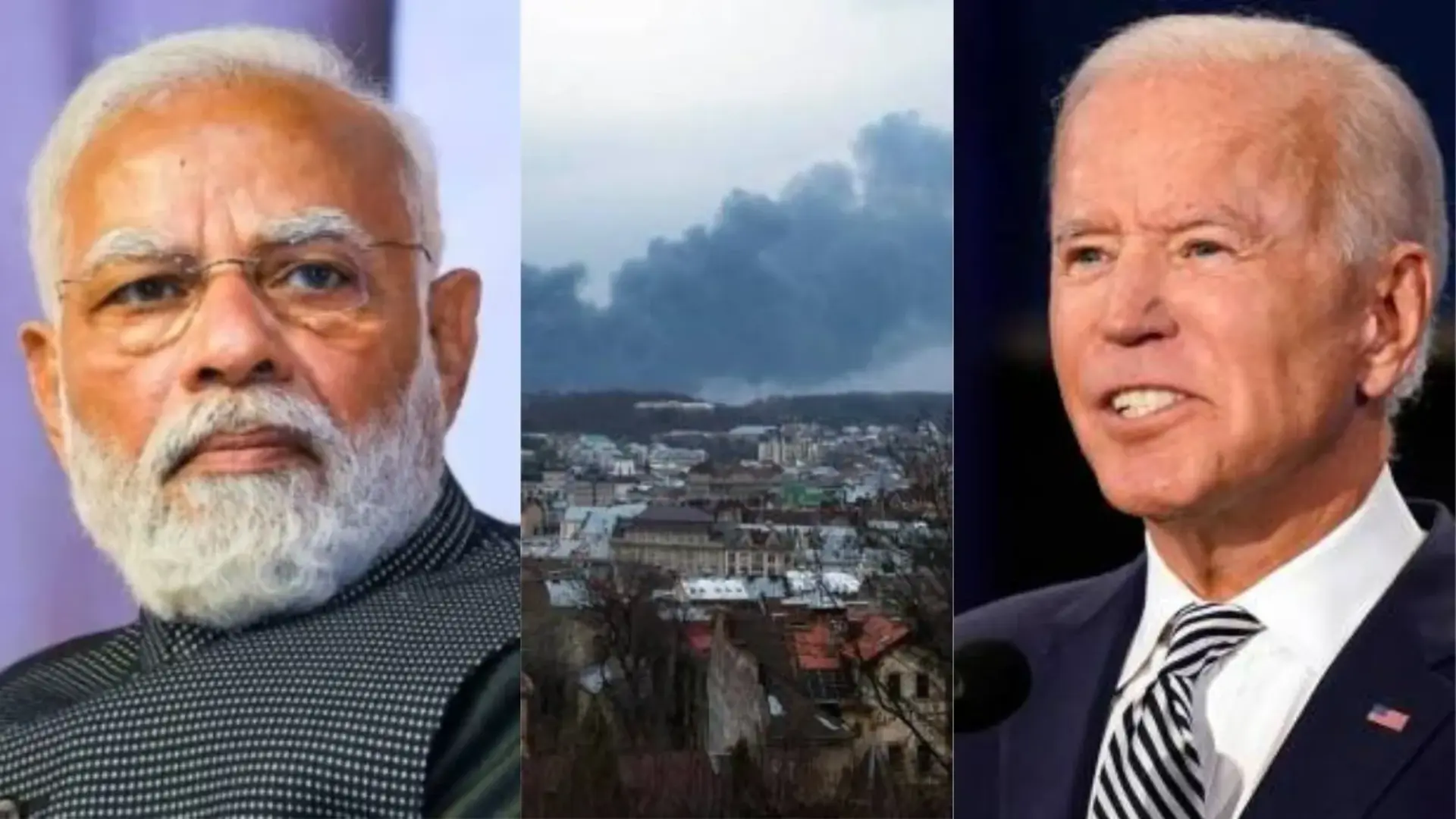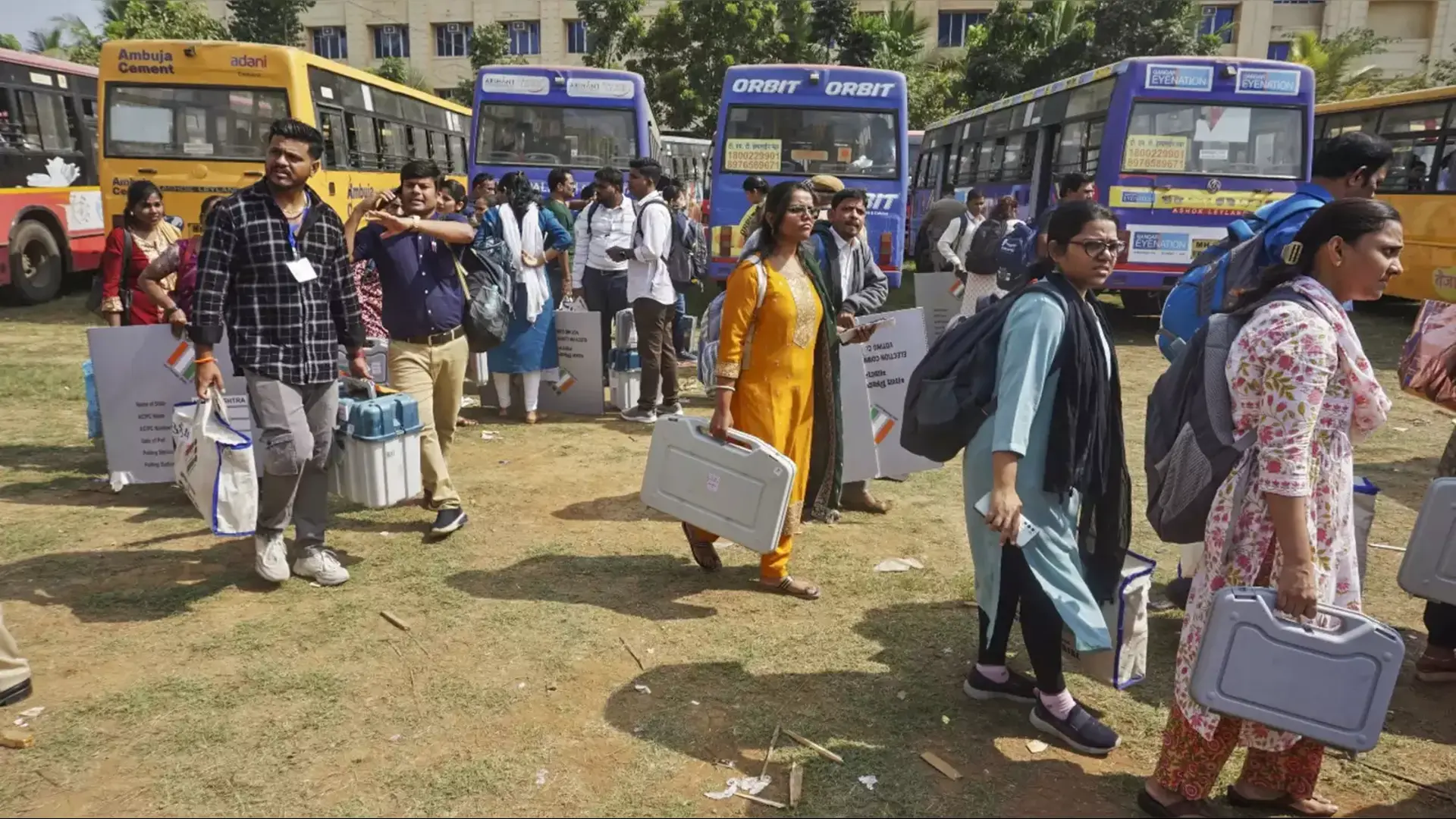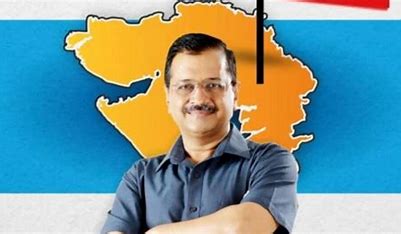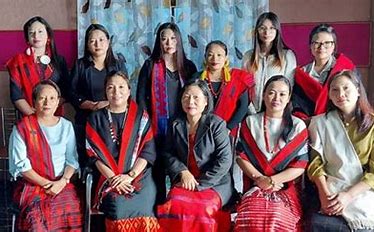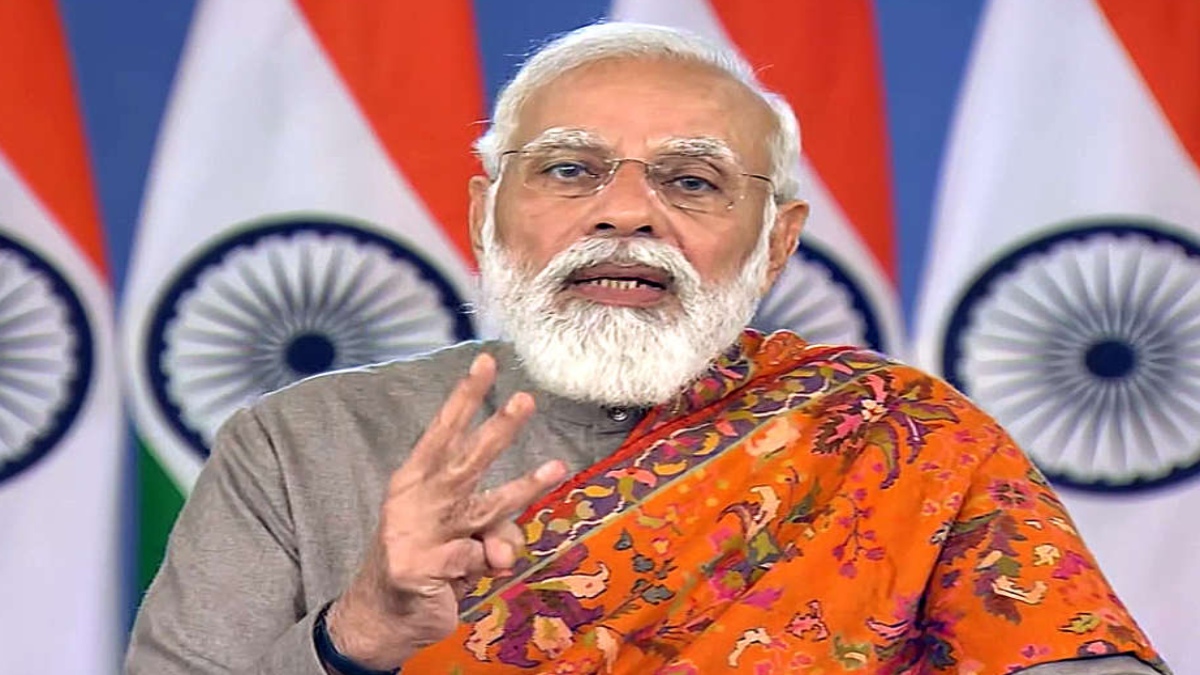
In what is going to be significant developments for India from the geopolitical point of view, Prime Minister Narendra Modi will hold talks with his counterparts from two key Quad countries—Japan and Australia. Japanese Prime Minister Fumio Kishida will pay a two-day visit to India beginning Saturday to hold the 14th India-Japan summit with his Indian counterpart. PM Modi and Australian PM Scott Morrison will hold the second India-Australia virtual summit on 21 March.
Ministry of External Affairs (MEA) officials, who are privy to the entire planning ahead of these interactions, told The Daily Guardian that apart from various important bilateral issues and topics that will be taken up as part of the fixed formats, PM Modi will make it a point to use the opportunity highlight the priorities of India in terms of Quad as well.
“Without naming China directly, PM Modi will use the meetings to underline the need to focus on Beijing’s expansionist policy, reminding the two Prime Ministers that the Ukraine conflict is taking the focus of the forum away from the core agenda of Indo-Pacific, a point that the PM had underlined during the hurriedly called Quad summit recently,” said highly placed sources.
What makes PM Modi’s upcoming talks with Japanese leader Kishida and Australian PM Morrison very important is the fact that these talks are going to be held days after the sudden meeting of the leaders from the four Quad nations where Delhi refused to be critical of Russia for its aggression against Ukraine, while the other member states, US, Australia and Japan were on the same page vis-à-vis the Ukraine conflict. These three nations not only criticised Russia’s action, but also slapped Moscow with crippling sanctions.
In fact, the US was keen that India should explicitly condemn Russian President Vladimir Putin’s decision to launch the offensive against Ukraine. India not only abstained from the three UN resolutions condemning Russia, but also continued to stick to its stand all along. Even during the Quad virtual summit, PM Modi did not change his stand on Russia, but kept reminding the forum of Indo-Pacific being its core agenda. “It is in this background and context that PM Modi’s talks with his Japanese and Australian counterparts assume significance,” a senior official told this newspaper. PM Modi and Kishida will be having discussions on an entire range of issues. Similarly, PM Modi’s talks with Morrison will cover a wide range of issues, added sources. But Quad related issues with China in mind will also figure, sources added. What is also important is that the next in-person meeting of the Quad is going to be held in Tokyo in the coming months. “So, PM Modi and Kishida will definitely touch upon what is going to come up at the Tokyo summit,” sources said. “Prime Minister Narendra Modi and his Australian counterpart Scott Morrison will hold a virtual summit on 21 March to explore ways to further expand bilateral ties,” External Affairs Ministry spokesperson Arindam Bagchi announced on Thursday.
Ties between India and Australia have been on an upswing in the last few years, he added. In June 2020, India and Australia elevated their ties to a comprehensive strategic partnership and signed a landmark deal for reciprocal access to military bases for logistics support. The Mutual Logistics Support Agreement (MLSA) allows militaries of the two countries to use each other’s bases for repair and replenishment of supplies, besides facilitating scaling up of overall defence cooperation.
The Australian Navy was part of the Malabar naval exercise hosted by India in November 2020 as well as last year. The navies of the US and Japan were also a part of it. Australia was part of the Malabar exercise this year as well. Arindam Bagchi said that the summit meeting between PM Modi and Kishida will be held on Saturday. At the invitation of Prime Minister Narendra Modi, Japanese Prime Minister Fumio Kishida will be undertaking an official visit to India from 19-20 March. He said the summit will provide an opportunity for both sides to review and further strengthen bilateral ties.

